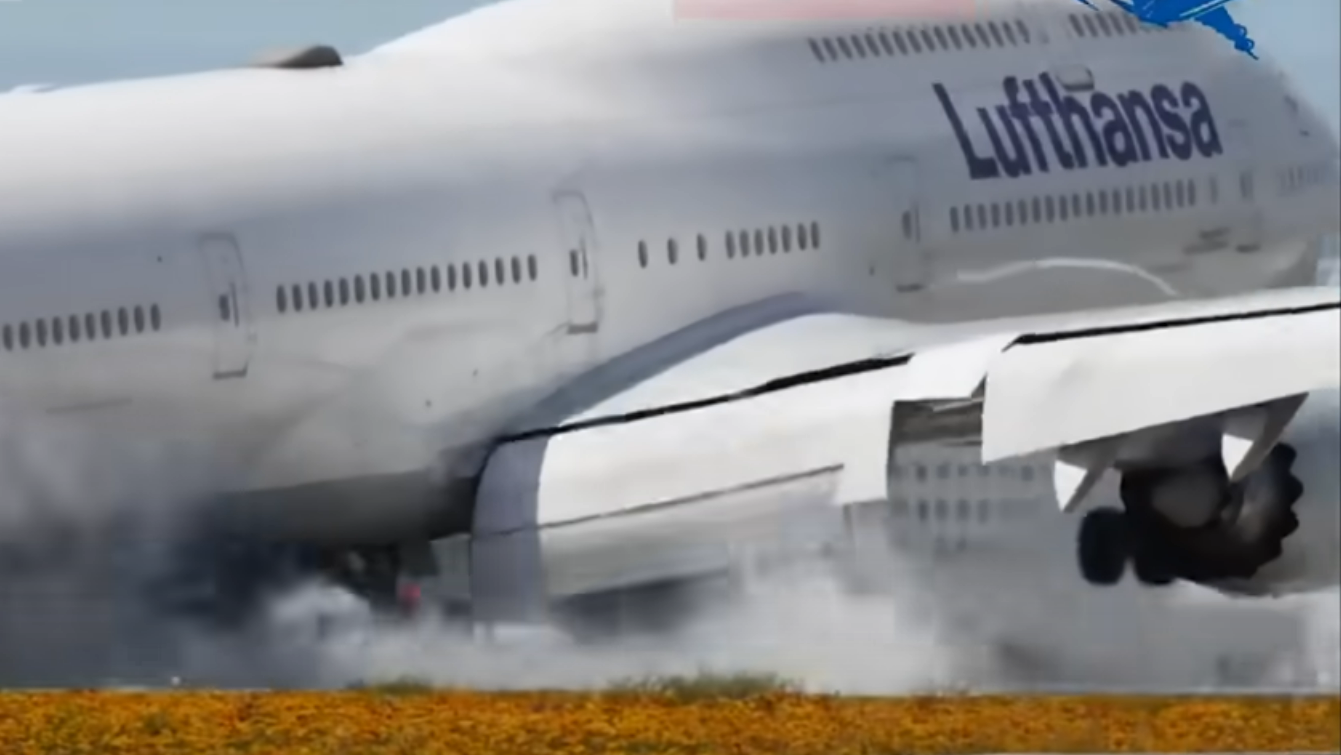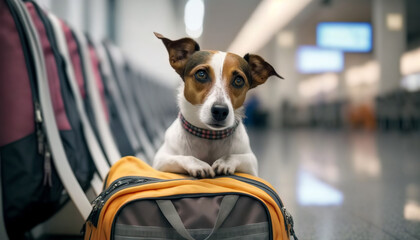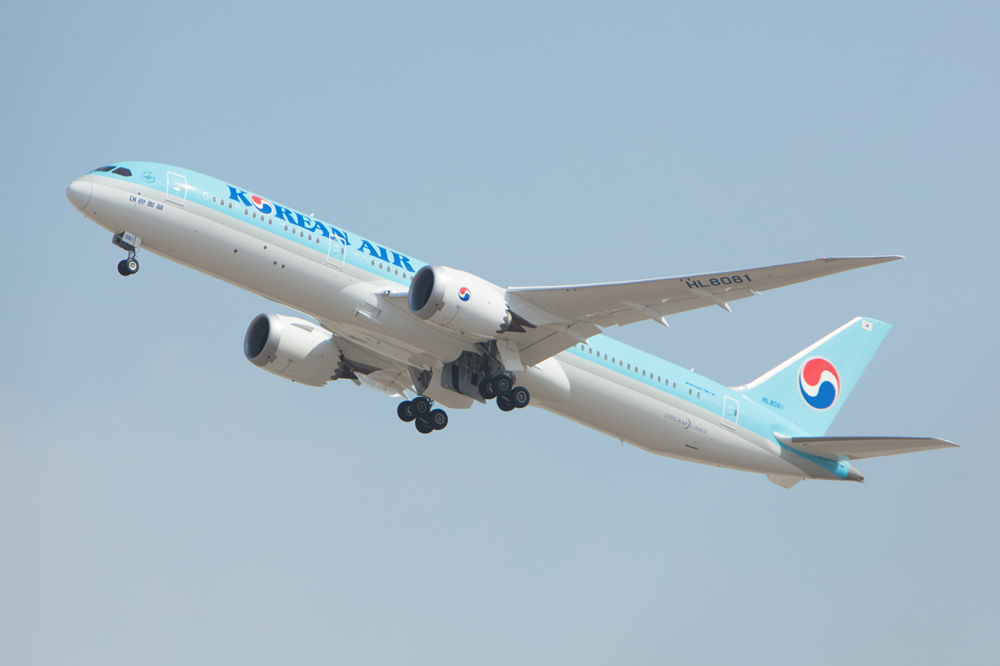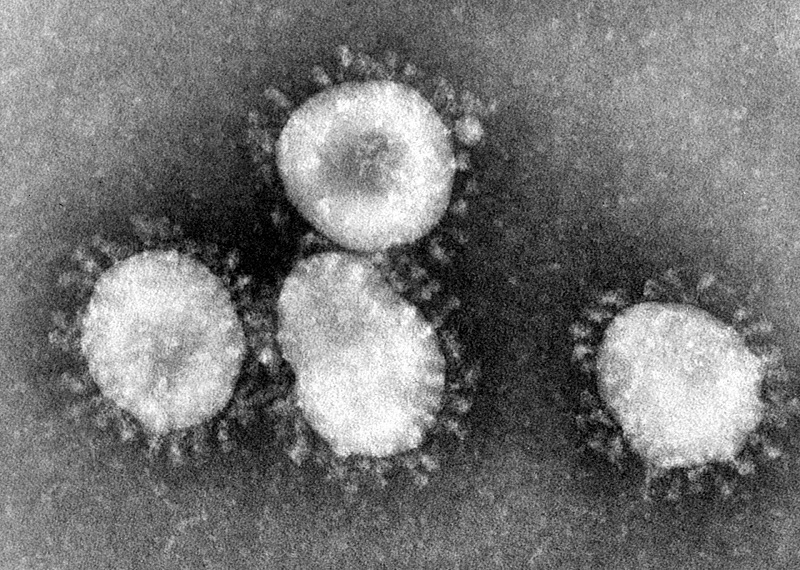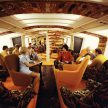US Health officials have expanded screening for a new SARS-like virus to another two major hub airports after identifying the first case on American soil.
Screening for the coronavirus will start at Hartsfield Jackson Atlanta International Airport and Chicago O’Hare International Airport in the coming days.
Passengers heading to the US from the Chinese city of Wuhan, identified as the source of the 2019-nCoV outbreak, are also being issued with new tickets to route them through one of the five screening hubs.
Screening is already in force at Los Angeles, San Francisco and New York JFK, as well as airports throughout Asia. Australian health officials announced Tuesday screening would be introduced in Sydney.
READ: Australia starts screening for new virus as infections rise.
The expanded US screening comes as a man in Washington state developed symptoms after returning from the region around Wuhan.
The outbreak has hit hundreds of people in China, killing at least six, and isolated cases have been also been reported in Thailand, Japan and South Korea. Health authorities in Australia are also investigating a possible case.
The virus is related to the Severe Acute Respiratory Syndrome that rocked the airline industry in the early 2000s but does not appear to be as deadly.
There is evidence it can be transmitted between humans and symptoms include fever and possibly coughing, tightness of the chest and shortness of breath. In some cases, it can develop into pneumonia.
The Washington victim returned to the US on January 15, two days before the screening began at Los Angeles, JFK New York and San Francisco airports, and did not have symptoms at the time.
Health care workers are trying to identify who came in contact with the infected traveler and will monitor fellow passengers for symptoms.
The World Health Organization is due to meet to decide whether to declare the outbreak a global public health emergency but officials in the US and Australia say they currently believe the risk to the general populace is low.
However, they note that information about the virus is thin and the situation is evolving rapidly.
China has vowed to curb the disease but is facing a peak travel period this week as millions travel for Chinese New Year.
There are also more opportunities for the disease to spread overseas as Chinese airlines have aggressively expanded international operations since the 2003 SARS outbreak and outbound tourism has grown substantially.
According to the US Centers for Disease Control, Coronaviruses are a large family of viruses that generally circulate among animals such as camels, cats and bats.
In rare circumstances, animal coronaviruses can evolve and infect people and then spread between people, such as was the case SARS and Middle East Respiratory Syndrome (MERS).
“When person-to-person spread has occurred with SARS and MERS, it is thought to happen via respiratory droplets with close contacts, similar to how influenza and other respiratory pathogens spread,” the CDC said.
“The situation with regard to 2019-nCoV is still unclear. While severe illness, including illness resulting in several deaths, has been reported in China, other patients have had milder illness and been discharged.”


